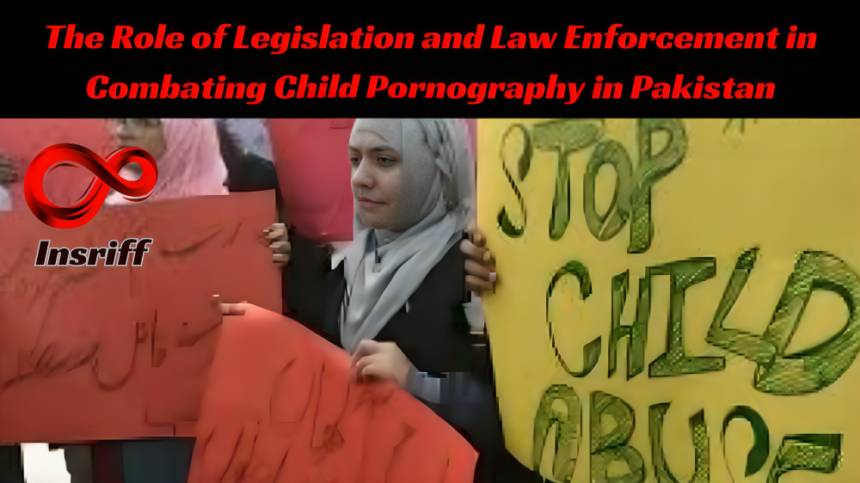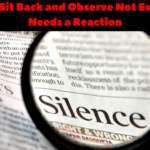Child pornography is one of the most serious crimes that poses a significant threat to the humanity, safety and well-being of children worldwide. It’s also a common crime in Pakistan. To tackle these problems the government of Pakistan has a strong legal framework and effective law enforcement.
The government of Pakistan made a lot of the Prevention of Electronic Crimes Act (PECA) 2016 which aims to control electronic crimes Because many rapists and criminals make videos of child abuse and then they upload them on social media. We can say that this law is a cornerstone for the battle of child pornography.
After reading this article you will explore the existing legal laws, facing challenges and the importance of international corporations to fight against this hilarious crime.
The Legal Framework: Prevention of Electronic Crimes Act (PECA) 2016
The PECA is the primary law to control cyber crimes in Pakistan including child pornography. It provides measures to combat child abuse and exploitation. The key points of this law include two main sections, which are
- Section 22
- Section 24
According to section 22, Child pornography is an explicitly criminalised act, with the production, distribution, and possession of child pornographic content punishable by law. To discourage such behaviour, the law imposes harsh punishments, including jail and large fines.
According to section 24, addressing cyberstalking can sometimes result in the harassment and abuse of children and also the creation of child pornography.
Many notable cases of child pornography occur in Pakistan especially the incident of Kaur where a man raped and murdered 8 children to satisfy his happiness. So the government of Pakistan took action on it and announced to hang him in jail. Several other top cases have highlighted the challenges and successes in combating child pornography in Pakistan.
Another notable case involves the arrestment of a teacher who was declared guilty in 2019 because of making child pornography videos and their distribution to the public. According to this act, the teacher was sentenced by the court because of his unusual and unjustifiable behaviour.
According to section 292 c PPC, it’s illegal to make vulgar videos of any child the punishment for this abuse is a minimum of 14 years in jail and a maximum of 20 years in jail with a heavy amount of Fines.
Despite a strong legal framework, the various obstacles prevent its effective enforcement and laws of child pornography cases in Pakistan. The 4 main issues faced in Pakistan are
1. Because of the low resources, we are unable to properly overcome this situation. Law enforcement agencies often lack the necessary technological tools and resources to track and arrest criminals on the right time who operate in the digital realm.
2. Sometimes our working staff is not properly trained which is why there is a critical need for specialized training for police and judicial officers to handle cybercrime cases effectively. Understanding the complexities of digital evidence and cyber laws is essential for successful law enforcement.
3. The cultural and social pressure and the pain that one has to endure because of sexual abuse make people fail to report the vice; thus, when one is involved, he or she is afraid to lose reputation, hence it is difficult for the authorities to follow up and apprehend the offenders.
4. We are all aware of the judicial system of Pakistan and that there are a large number of cases pending in our courts, and some of these cases are over 10 years old. It is a very slow one, which leads to long trial processes and even delayed justice for the victims.
- Non-governmental organisations and international bodies have specific functions that help enhance our societies; they have their roles as
- International bodies and non-governmental organisations (NGOs) are useful in supporting Pakistani authorities in their endeavour to fight child pornography.
- Other organisations, such as Sahil and Rozan, work to provide essential assistance to the victims and engage in awareness programmes to bring knowledge to the general public regarding the risks associated with child abuse.
This legal position among the states is supported by INTERPOL, UNICEF, and numerous other entities that work to enhance Pakistan’s capabilities to fight against child pornography. Apart from the technical support, equipment, training, and assistance, these organisations assist Pakistani law-enforcing forces and agencies.
Thanks to the competent actions of the legislative and law enforcement bodies, Pakistan has taken various measures to prevent the use of child pornography at a local and international level. Restructuring the legal approach PECA 2016 offers and the enforcement and prosecution challenges are important to ensure the success of the act.
In the future, the Pakistani government, with the support of more international and non-governmental organisations, can enhance its commitment and actions to save childhood and raise the voice for the justice of each child victimised through social media.









